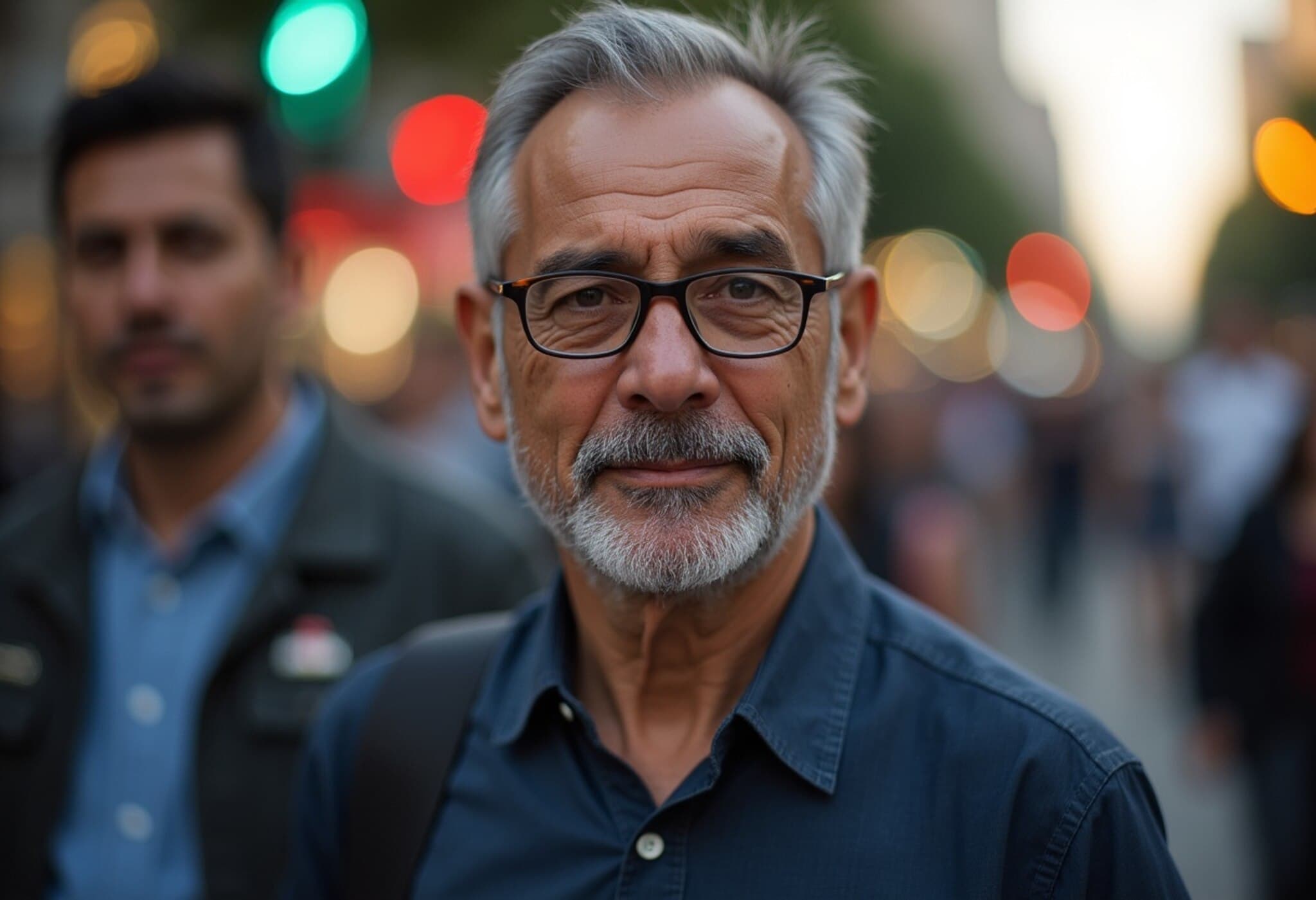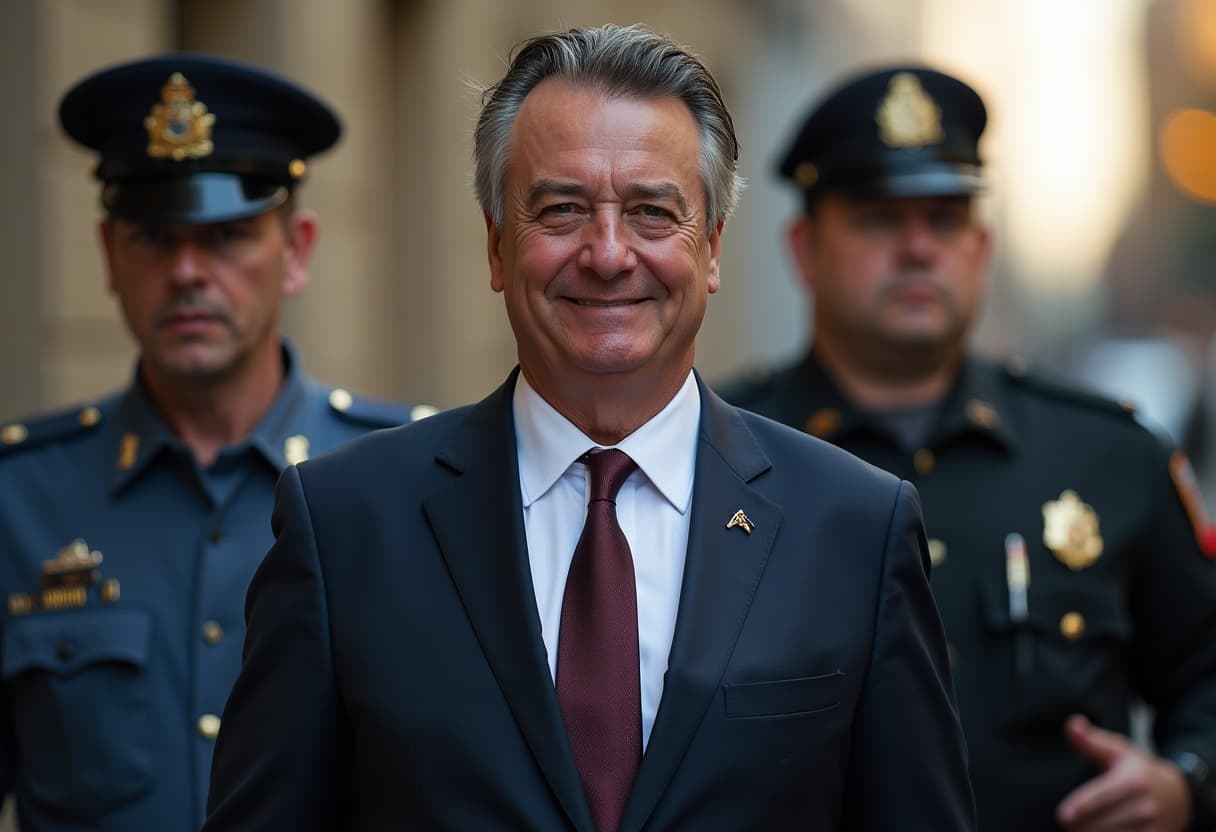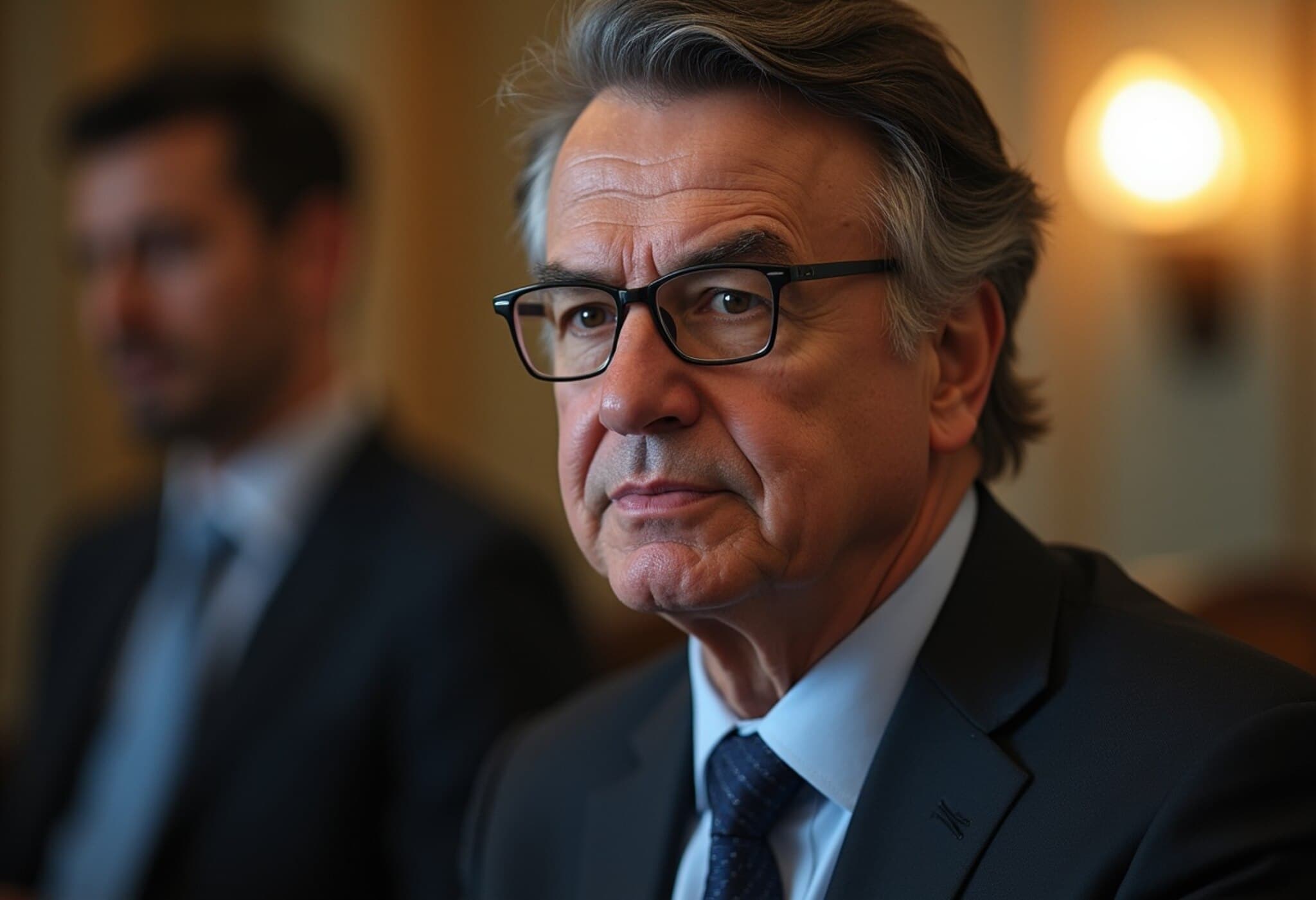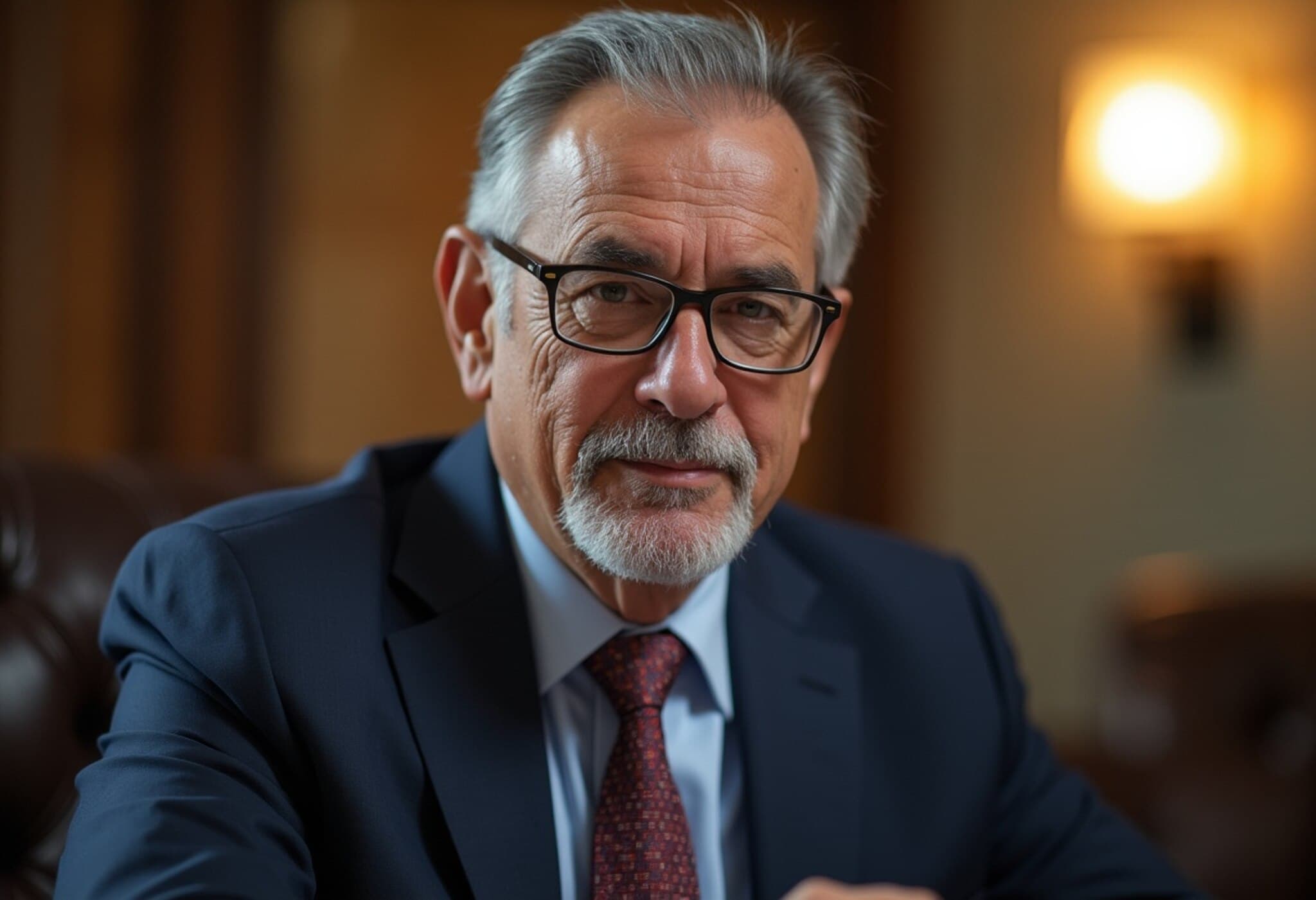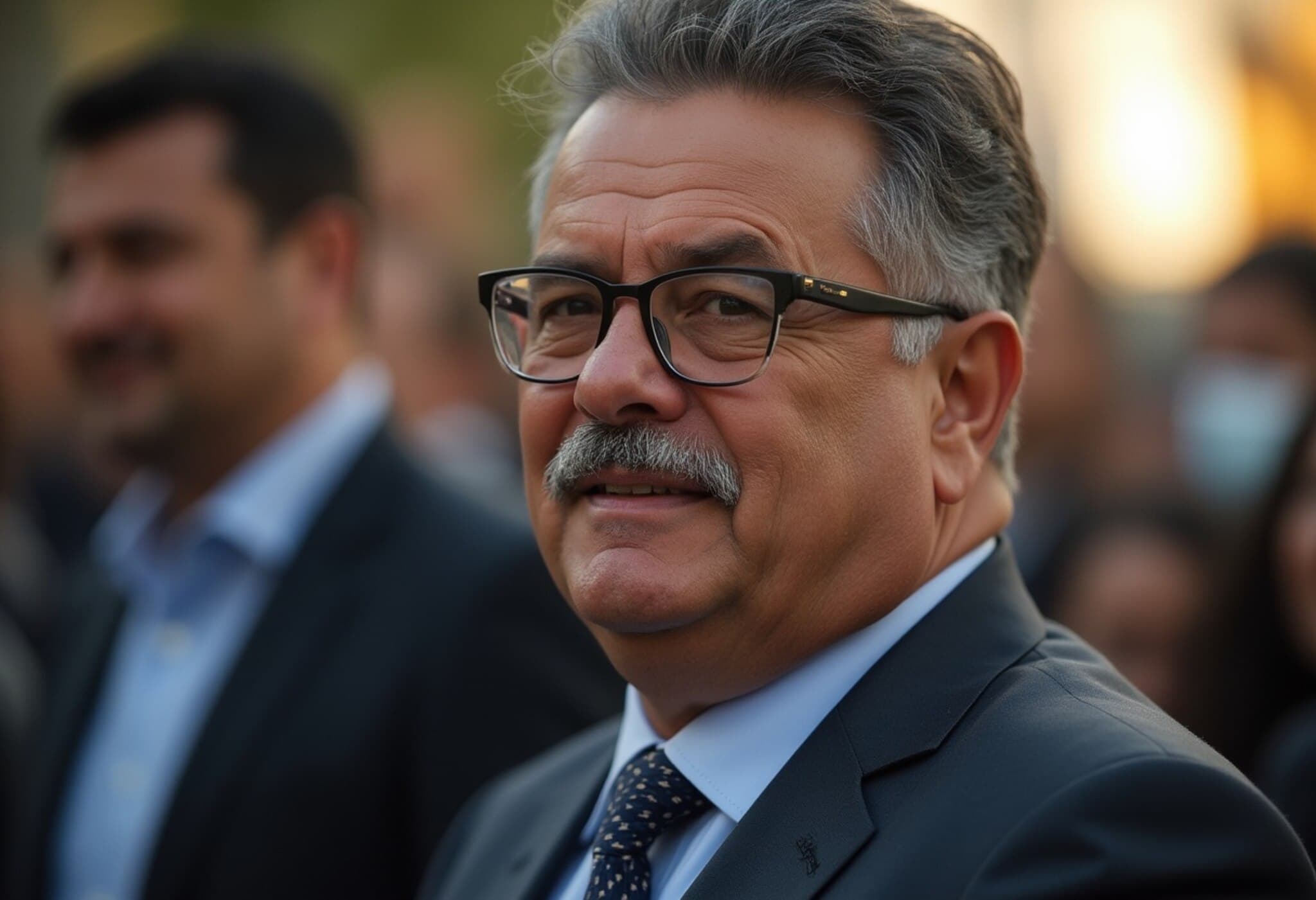Colombian Presidential Candidate Miguel Uribe Turbay Passes Away Following Attack
In a tragic development, Miguel Uribe Turbay, a rising star in Colombian politics and a presidential hopeful, has died after battling injuries sustained when he was shot in the head during a campaign rally in Bogota. The 39-year-old senator had remained in critical condition since the June 7 attack, finally succumbing to his wounds two months later, his family confirmed on August 11, 2025.
A Nation Mourns a Promising Leader
Uribe Turbay’s death sends waves of sorrow across Colombia, a country grappling with political violence that once again claims the life of a candidate advocating for change. His wife, Maria Claudia Tarazona, expressed her grief poignantly on Instagram: "You will always be the love of my life. Thank you for a life full of love. Rest in peace, love of my life. I will take care of our children."
Context: The Incident During the Campaign Rally
A scarring reminder of Colombia's turbulent political environment, Uribe Turbay was shot multiple times by a 15-year-old assailant at a rally in western Bogota. The bullets struck his head and leg, forcing urgent surgery and placing him in critical condition. Despite extensive medical care, the young senator never regained stability.
Political Roots and Significance
Uribe Turbay was a member of the conservative Democratic Centre party, aiming to secure his party’s nomination for the 2026 presidential elections. His political lineage included his grandfather, Julio César Turbay Ayala, a former president of Colombia, marking a continuation of an influential family legacy in national governance. His death not only leaves a political vacuum within his party but also raises pressing concerns about the safety and democratic health of electoral processes in Colombia.
Investigation and Legal Proceedings
Authorities swiftly arrested the teenage gunman, charging him with attempted murder. Two accomplices, including a man allegedly supplying the weapon and a woman suspected of logistical support, have also been detained. This incident opens larger questions about youth involvement in political violence and the accessibility of firearms in Colombia.
Expert Insights: Political Violence and Democratic Stability
Political analysts point out that Uribe Turbay’s assassination attempt and subsequent death expose the fragile security conditions surrounding electoral politics in Colombia. The country, long burdened by internal conflicts, is at a crossroads where safeguarding democratic participation requires urgent reforms.
- Security protocols: There is an immediate need to enhance protection for candidates and public officials to prevent politically motivated violence.
- Youth radicalization: The involvement of a teenager underlines a worrying trend of younger demographics being drawn into violent acts, often influenced by complex social and economic factors.
- Policy implications: This tragic event challenges policymakers to address gun control, social inclusion, and political discourse to reinforce a peaceful democratic culture.
Colombia’s Path Forward
As the nation mourns Uribe Turbay, the incident serves as a stark reminder of the costs borne by those who stand for political change in volatile environments. It raises urgent conversations about how Colombia can strengthen democratic practices while protecting its leaders and citizens from violence.
In an era when democracy faces multiple threats globally, Colombia’s tragedy shines a light on the human toll of political instability and the resilience required to build a peaceful future.
Editor's Note:
This haunting chapter in Colombia’s political history compels us to reflect deeply on the intersection of youth violence, political passion, and democratic security. Miguel Uribe Turbay’s story is not just of personal tragedy but also a call to action for governments worldwide to safeguard the integrity of elections and promote social cohesion. As readers, we are reminded how fragile democracy can be and how crucial it is to protect those who dare to lead.

